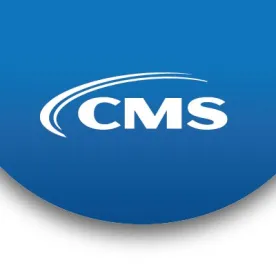The Centers for Medicare & Medicaid Services’ (“CMS”) new final rule amending the implementing regulations of the Physician Self-Referral Law (“Stark Law”), in part, defines fundamental terms, such as “fair market value” and “commercially reasonable.” These clarifications have been long awaited since most exceptions to the Stark Law require that compensation arrangements with physicians be consistent with “fair market value” and be “commercially reasonable.”
In the final rule, “fair market value” is defined as “[t]he value in an arm’s-length transaction, consistent with the general market value of the subject transaction.” The commentary explains that “general market value” is defined as “the price that an asset [or service] would bring on the date of the acquisition of the asset [or service] as a result of the bona fide bargaining between a well-informed buyer and seller that are not otherwise in a position to generate business for each other.” The commentary further provides that CMS’ concept of fair market value relates to the value of an asset or service to hypothetical parties in a hypothetical transaction, while general market value relates to the value of an asset or service to the actual parties set within a specific timeframe. The final rule also dispels the notion that providers are handcuffed by published valuation data compilations. For example, a neurosurgeon could be compensated at a rate higher than national salary data due to other factors specific to that physician, such as whether that physician is “highly sought after” due to her specialized techniques and high success rate.
Moreover, the Stark Law final rule defines, for the first time, “commercially reasonable” to mean “the particular arrangement furthers a legitimate business purpose of the parties and is on similar terms and conditions as like arrangements. An arrangement may be commercially reasonable even if it does not result in profit for one or more of the parties.” The final rule acknowledges that this determination of commercial reasonableness is not one of value and compensation arrangements that do not result in a profit may still be permissible. The commentary notes that community need, timely access to health care services, fulfillment of licensure or regulatory obligations, the provision of charity care and the improvement of quality and health outcomes are examples of factors that may be commercially reasonably even if the arrangements are not profitable. The test of commercial reasonableness is subjective and will focus on the parties to the arrangement rather than similar terms in similar arrangements.
Physicians and their employers should carefully review the new Stark Law definitions prior to relying on the final rule when implementing physician compensation arrangements.




 />i
/>i
